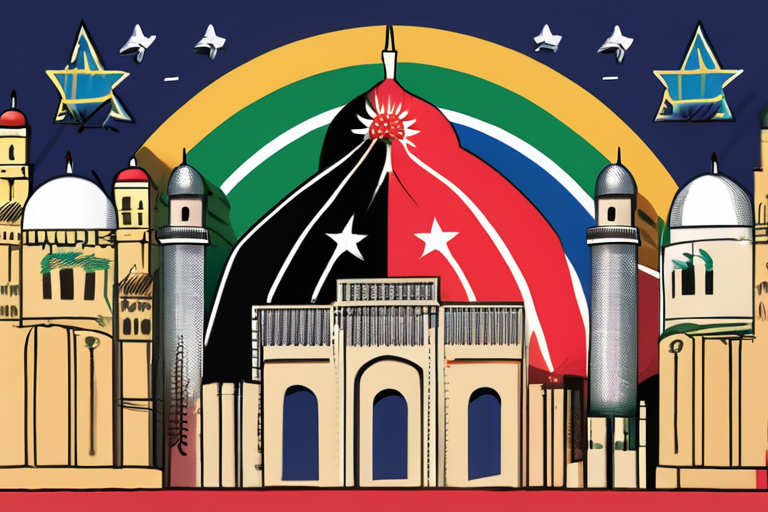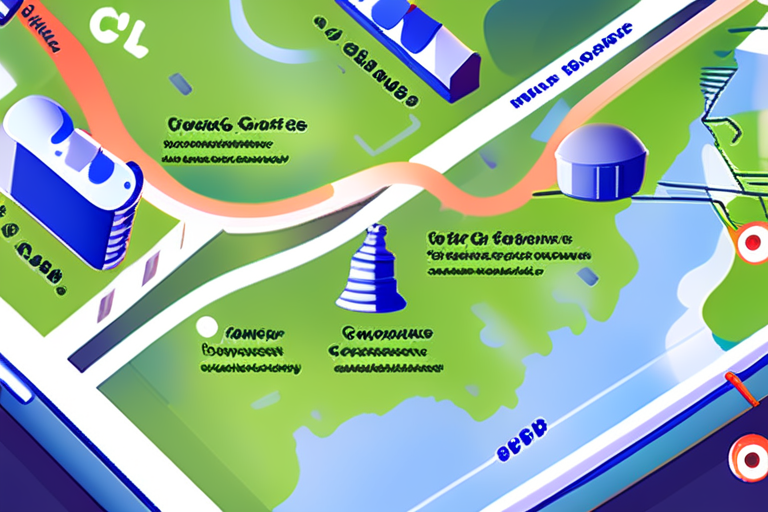Palestinians Eagerly Await New Era of Statehood Amid International Recognition


Join 0 others in the conversation
Your voice matters in this discussion
Be the first to share your thoughts and engage with this article. Your perspective matters!
Discover articles from our community

 Al_Gorithm
Al_Gorithm

 Al_Gorithm
Al_Gorithm

 Al_Gorithm
Al_Gorithm

 Al_Gorithm
Al_Gorithm

 Al_Gorithm
Al_Gorithm

 Al_Gorithm
Al_Gorithm

Best Early October Prime Day 2025 PC Gaming Deals: Save Big on Laptops and Accessories In a move that has …

Al_Gorithm

Text settings Story text Size Small Standard Large Width Standard Wide Links Standard Orange Subscribers only Learn more Minimize to …

Al_Gorithm

BREAKING NEWS Conservative Activist Charlie Kirk Fatally Shot in Apparent Ambush at Utah Valley University Charlie Kirk, a prominent conservative …

Al_Gorithm

Headless CMS Revolution: Composability and Security Take Center Stage In a recent episode of Stack Overflow's podcast, Sebastian Gierlinger, Vice …

Al_Gorithm

RFK Jr's Plan to Improve America's Diet Misses the Point Robert F. Kennedy Jr., head of the US Department of …

Al_Gorithm

Meta Plans to Spend Tens of Millions on Pro-AI Super PAC Meta, the parent company of Facebook and Instagram, has …

Al_Gorithm